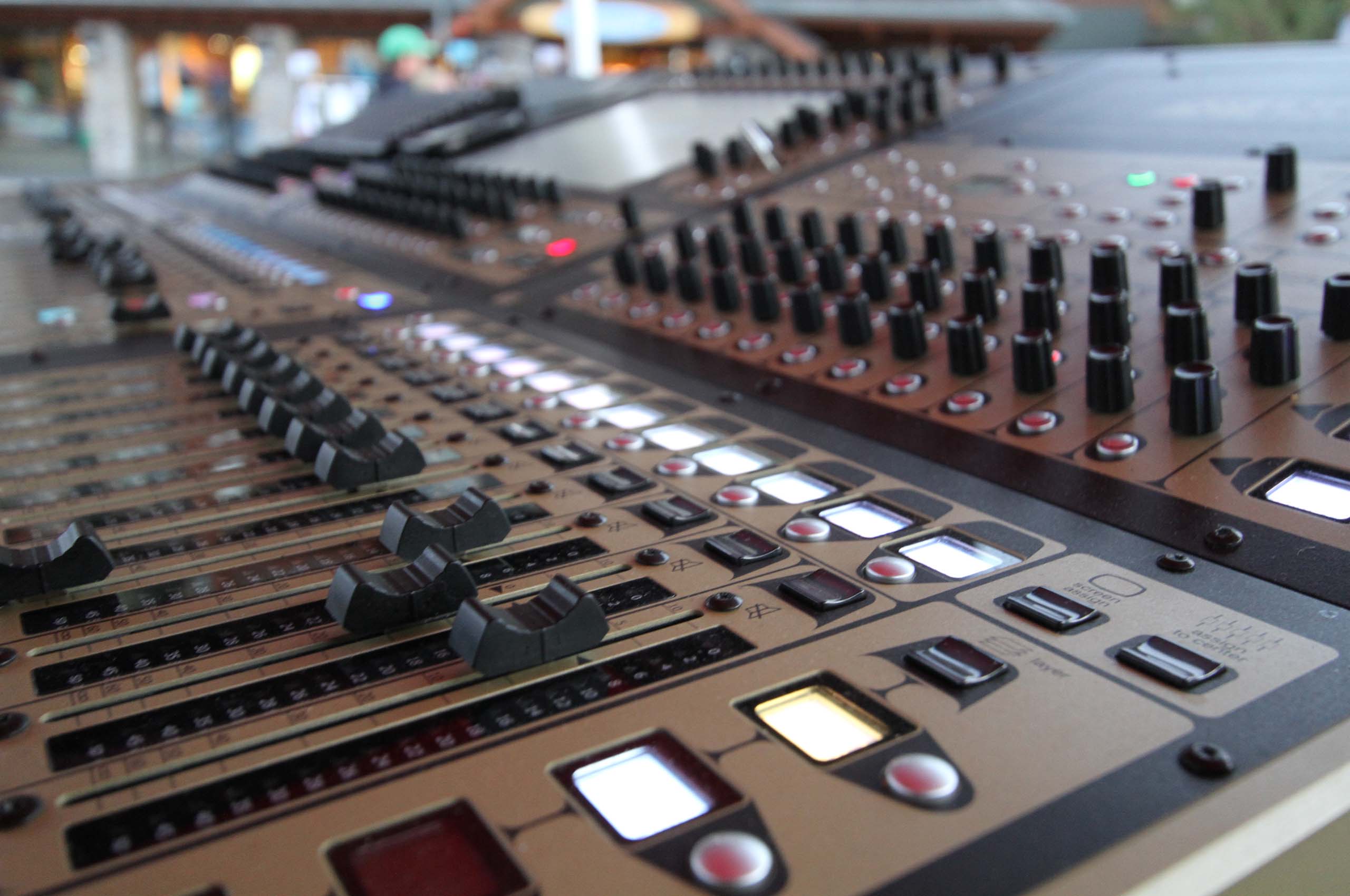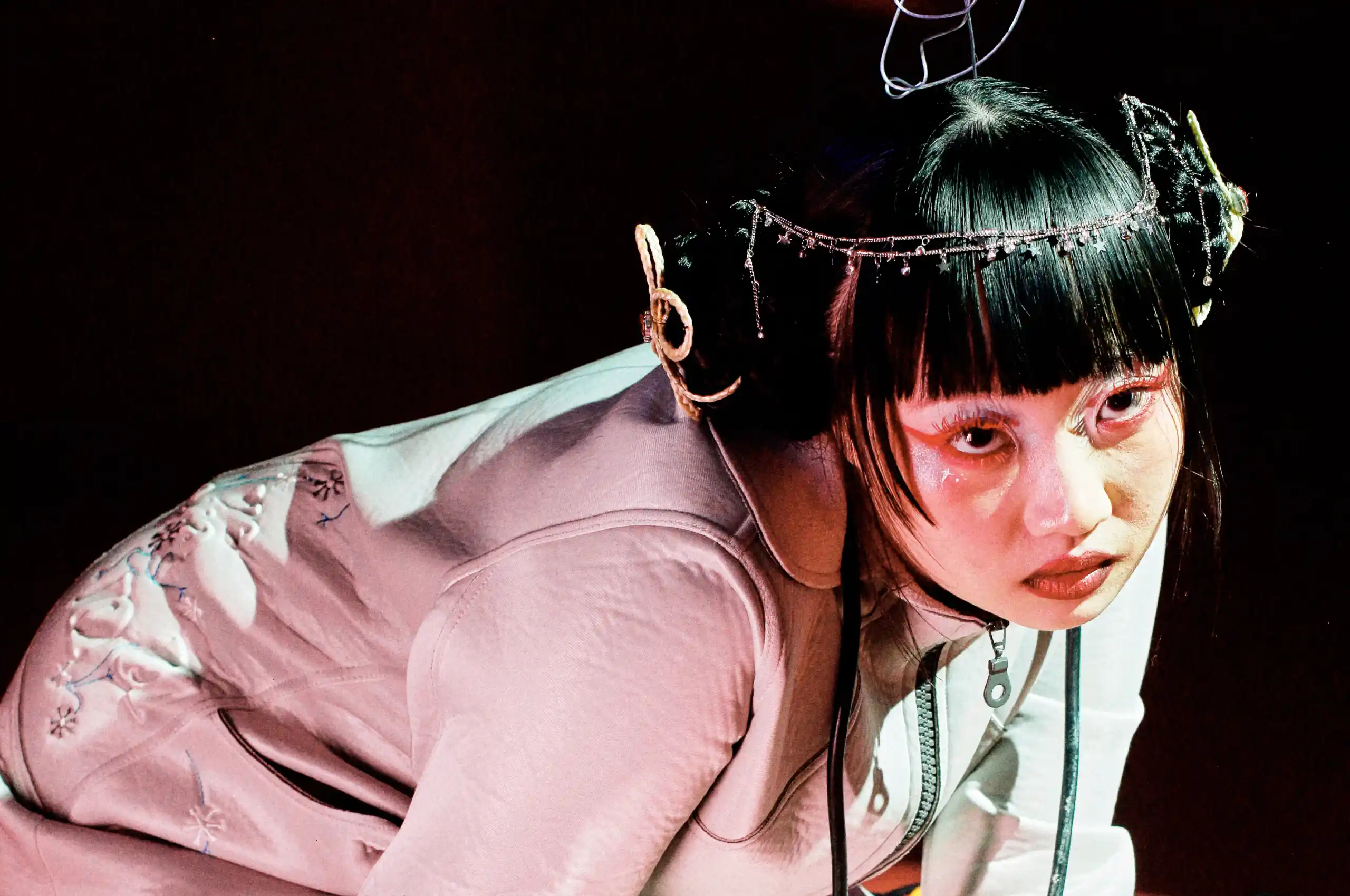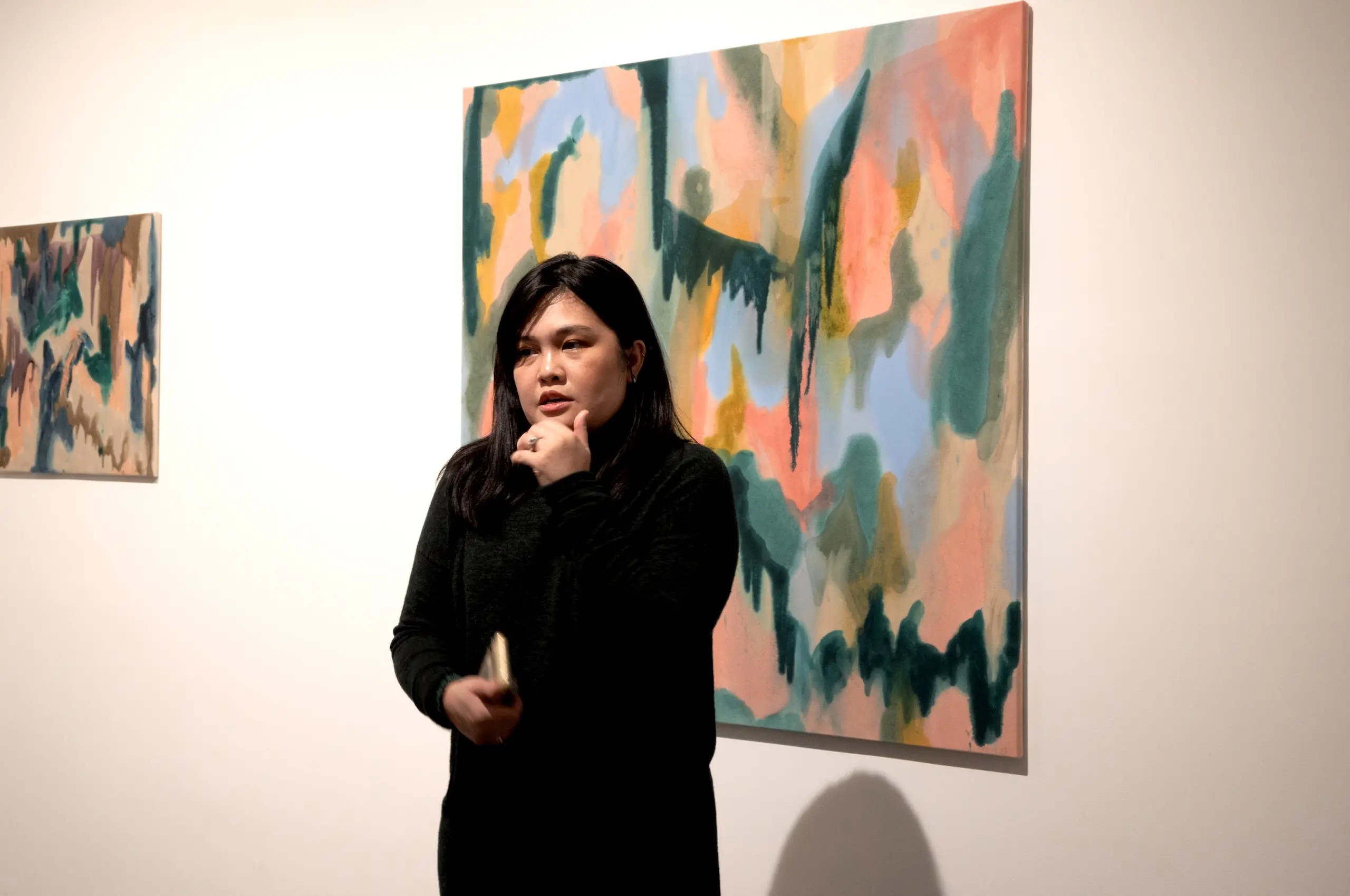By 2028, musicians and audiovisual creators may face major financial losses with the increasing use of generative artificial intelligence (AI) in producing creative work.
The International Confederation of Societies of Authors and Composers (CISAC), a network representing five million creators worldwide, published a global study that looks into AI’s economic impact on creative sectors in the next five years. One of its key findings is that while the use of generative AI will benefit tech companies, music and audiovisual creators could lose a considerable amount of income.
The fast growing market for AI-generated music and audiovisual content is projected to increase from a current €3 billion to €64 billion in 2028. This could generate future annual revenues for generative AI providers amounting to €4 billion in music and €5 billion in audiovisual. Such increased revenues, according to CISAC, come from the “unlicensed reproduction of creators’ works” used as the “creative fuel” to train generative AI tools.
With the continuous use of AI, “music and audiovisual creators will see respectively 24% and 21% of their revenues at risk of loss” over five years, equating to a total loss of €22 billion. Particularly, translators and adaptors for dubbing and subtitling could be hit hardest with 56% of their revenues at risk. On the other hand, screenwriters and directors could lose 15 to 20%.
The study concludes that “creators will actually suffer losses on two fronts: the loss of revenues due to the unauthorized use of their works by Gen AI models without remuneration; and replacement of their traditional revenue streams due to the substitution effect of AI-generated outputs, competing against human-made works”.
The Impact of AI on the Philippine Music Industry
These potential financial losses could severely affect music practitioners and professionals in the Philippines. A 2024 study by the Department of Science and Technology found that over 50% of Filipinos employed in the local music industry earn less than ₱20,000 a month–only a bit more than the National Capital Region’s minimum wage.
In respect to copyright, the Intellectual Property Office of the Philippines (IPOPHL) plans to create thorough guidelines on the use of AI in creative work. Currently, copyright applicants are required to disclose whether or not their work was created with AI. Works created by machines aren’t eligible for registration, while creators who partially made their work with AI must disclose how many percent of it was generated.
“With questions on ethics and law, such as whether AI can be protected with copyright, whether AI works can be original as a derivative of existing copyrighted works, and whether works made with the help of AI should give credit to the software, its developers, and trainers, IPOPHL attempts for answers,” Rowel S. Barba, IPOHPL’s Director General, stated.







